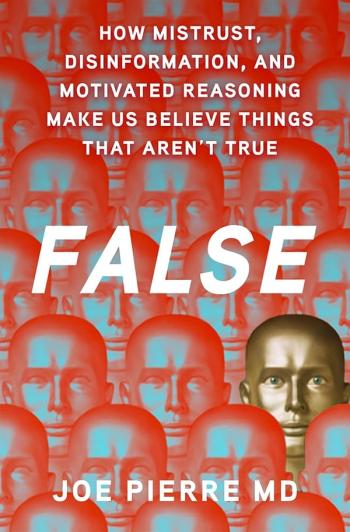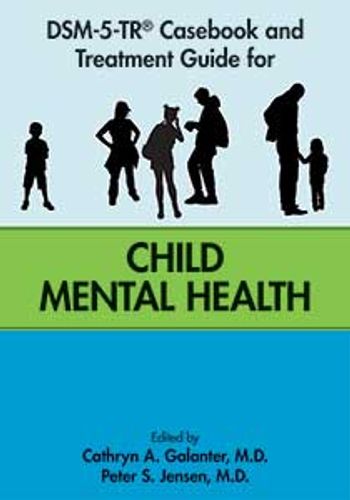
The Wounded Healer: A Token of Appreciation
This new book encourages clinicians to take care of themselves.
BOOK PREVIEW
To all my caregiver colleagues on the frontlines, risking their lives and sacrificing their comfort.
It is no secret that caring for others comes with a heavy psychosocial price tag. I can no longer remain silent or bear a false testimony while many of my coworkers are burning out and leaving the industry they once loved, numbing their soul ache through substance use and self-destruction, or ending their lives by suicide.
In
-Focus on self-care: tend to your body, but also your mind, heart, and soul.
-Recognize the pain and joy of interacting with clients and their families, the impact of your trauma on your loved ones, the stress caused by the system you work with, and learn to feel more comfortable sitting with your shadows, nursing your invisible wounds.
-Use nature-based, art-based, movement-based, and ritual-based activities to heal.
-As a wounded healer myself, I have found healing in 4 things: leaning on my faith, loving my family, practicing gratitude, and engaging in acts of service.
-When things are dark, when you feel desperate, when you are thinking about giving up, remember these 4 words: You are not alone. Reach out. I am here for you.
The wounded healer is a common phenomenon, not only in the health care field, but caregivers include teachers, community and faith leaders, first responders, parents, and many others. Remember that you cannot pour from an empty cup—fill your own tank so you can continue to authentically serve others.
Dr Reda is a practicing psychiatrist, Providence Healthcare System, Portland, Oregon. He is the author of
Newsletter
Receive trusted psychiatric news, expert analysis, and clinical insights — subscribe today to support your practice and your patients.






